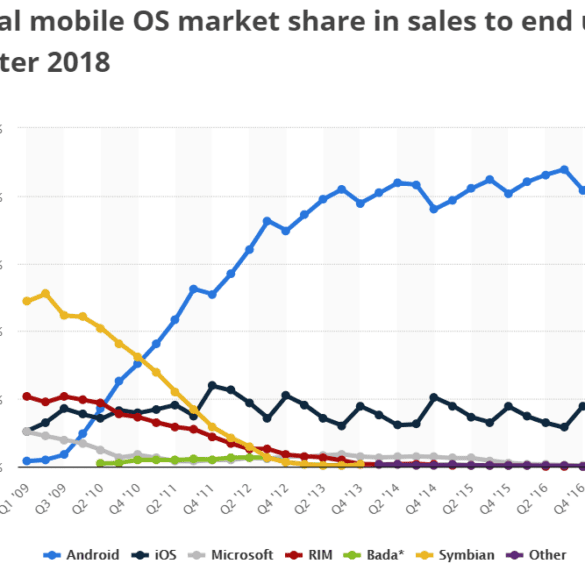I examine the rising relevance of Central Bank Digital Currencies. We look at the World Economic Forum policy guide to understand different versions of CBDCs and their relative systemic scale, and the ConsenSys technical architecture guide to understand how one could be implemented today. For context, we also dive into a very different topic -- Lithium ion batteries -- and show how a change in the cost of a fundamental component part (e.g, 85% cost reduction in energy, or financial infrastructure) opens up a massive creative space for entrepreneurs.
From a financial incumbent point of view, if you are going to mutualize infrastructure, you need to actually mutualize the infrastructure. This means solving the game theory problem of accidentally giving away the value of your back office systems to your biggest, best-funded bank competitor -- not a competitive equilibrium. To that end, technology companies are a natural place for maintaining crypto systems. However, note that public chains today already have the benefit of billions of dollars in cyber-security spending (i.e., mining) and the dedicated engineering of thousands of open source developers. By choosing to use a public chain, you get this out of the box. With a proprieraty solution, even if the end-results are open-sourced, community is impossible to replicate. Maybe this is why IBM bought Red Hat for $34 billion, and Microsoft bought GitHub for $7 billion.
Wall Street trading firm TrueEx is launching a derivatives platform for cryptocurrency and they have also entered into a partnership with ConsenSys; the partnership with ConsenSys will focus on building a benchmark for ether; the derivatives marketplace is pending review by the CFTC and is looking to list non-deliverable forward contracts for cryptocurrency. Source.
CarbonX is a peer to peer personal carbon trading company; it was formed in a joint venture between ConsenSys and a co-founding group which includes Don and Alex Tapscott who authored the book Blockchain Revolution: How the Technology Behind Bitcoin is Changing Money, Business and the World; according to Blockchain Daily News, “The company plans to purchase carbon credits, or invest in reduction projects, and re-cast the offsets as ERC20 tokens on an Ethereum-based blockchain, then distribute them through an open-loop style loyalty rewards program.” Source
Event follows Ethereal Summit hosted by ConsenSys earlier this year; will include panels, live music, discussions and workshops about blockchain; the event will focus on making blockchain technology easier to understand and is being marketed as a culture focused event rather than a technical one; Cointelegraph provides a list of featured speakers. Source
But nothing feels fundamentally different. Yes, we have some new brands that live on our phones. But when sliced across deposits, volume, or assets under management, the public companies still do the lion's share of the financial work. With open banking, incumbents are likely to win even more, powering Apple's credit card for example. The core reason for this, I think, is that Fintech has democratized access to existing financial products. It has not really changed how those products are manufactured. Only by transforming how things are made and the value chains to deliver them can you build the Google, Netflix, Spotify, or Uber of the next generation.
After the Bust, Are Bitcoins More Like Tulip Mania or the Internet? Google’s Ulku Rowe on how innovative financial services...
The new initiative will promote engagement with those involved in blockchain; it will also monitor new developments to help inform policy making; the European Commission allocated a budget last year and sought out bids for a services contract to set up the observatory; the contract was won by ConsenSys. Source
ConsenSys has announced their latest venture, a peer to peer trading company called CarbonX; CarbonX plans to tokenize carbon credits; the company is backed by a co-founding group that includes the Tapscotts, authors of Blockchain Revolution: How the Technology Behind Bitcoin is Changing Money, Business and the World; Joseph Lubin, Founder of ConsenSys stated, "As one of the fastest growing companies working on Ethereum, a platform that is poised to reformat how the world organizes itself, ConsenSys is committed to enabling technologies to be built that will facilitate attention to externalities like pollution and critical new foundations like sustainability. CarbonX has the potential to incentivize behavior that contributes to environmental sustainability, and is an excellent example of Ethereum-based technologies poised to make positive change." Source
ConsenSys has hired Tyler Smith as its new director of energy and consulting; the firm has its headquarters in New York and focuses on global blockchain development; Smith joins the firm from BHP Billiton where he was the head of blockchain for the world's largest natural resources company; he has also been involved with numerous activities involving blockchain development; his work at ConsenSys will focus on Ethereum blockchain solutions for the energy industry. Source




